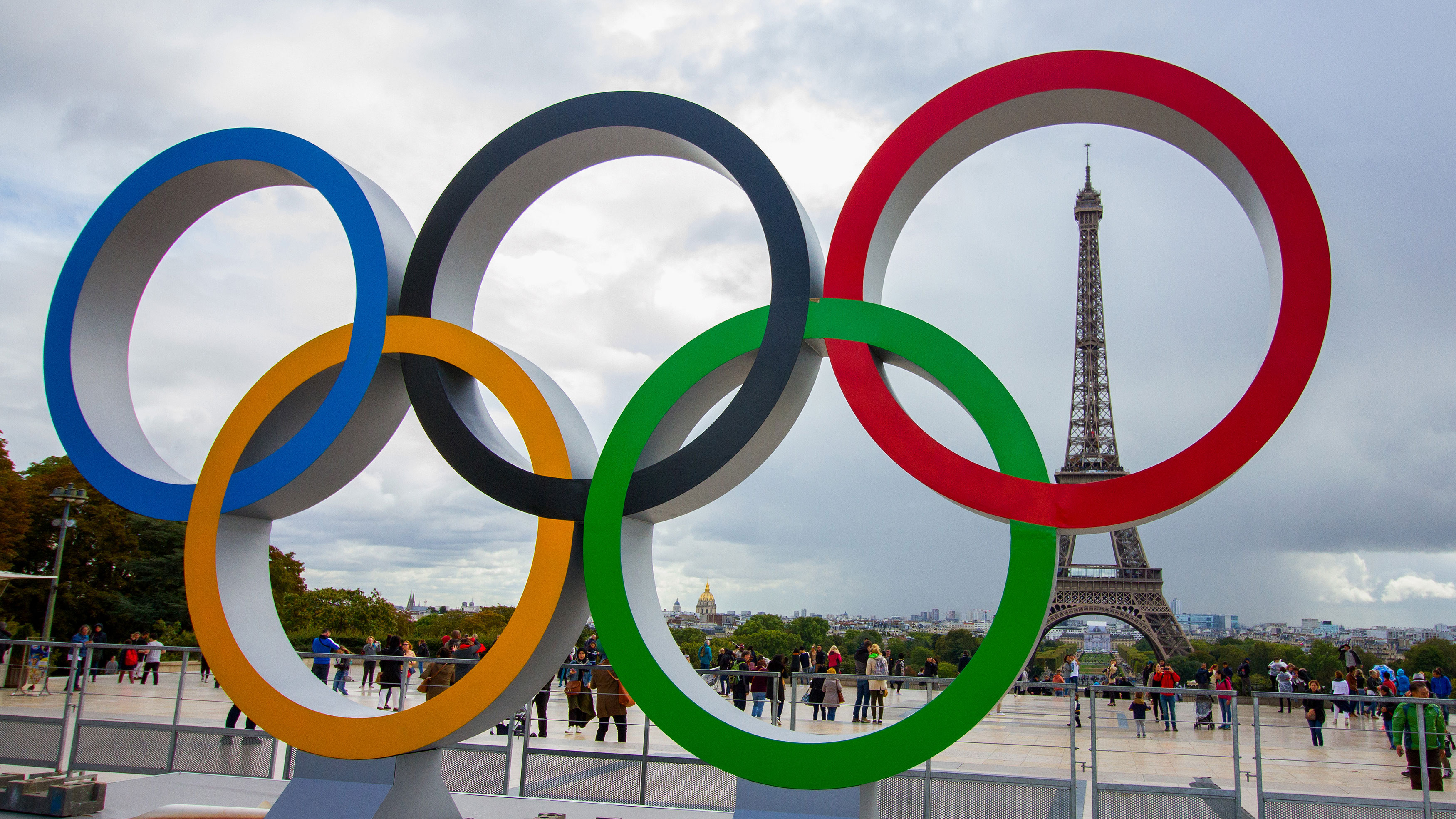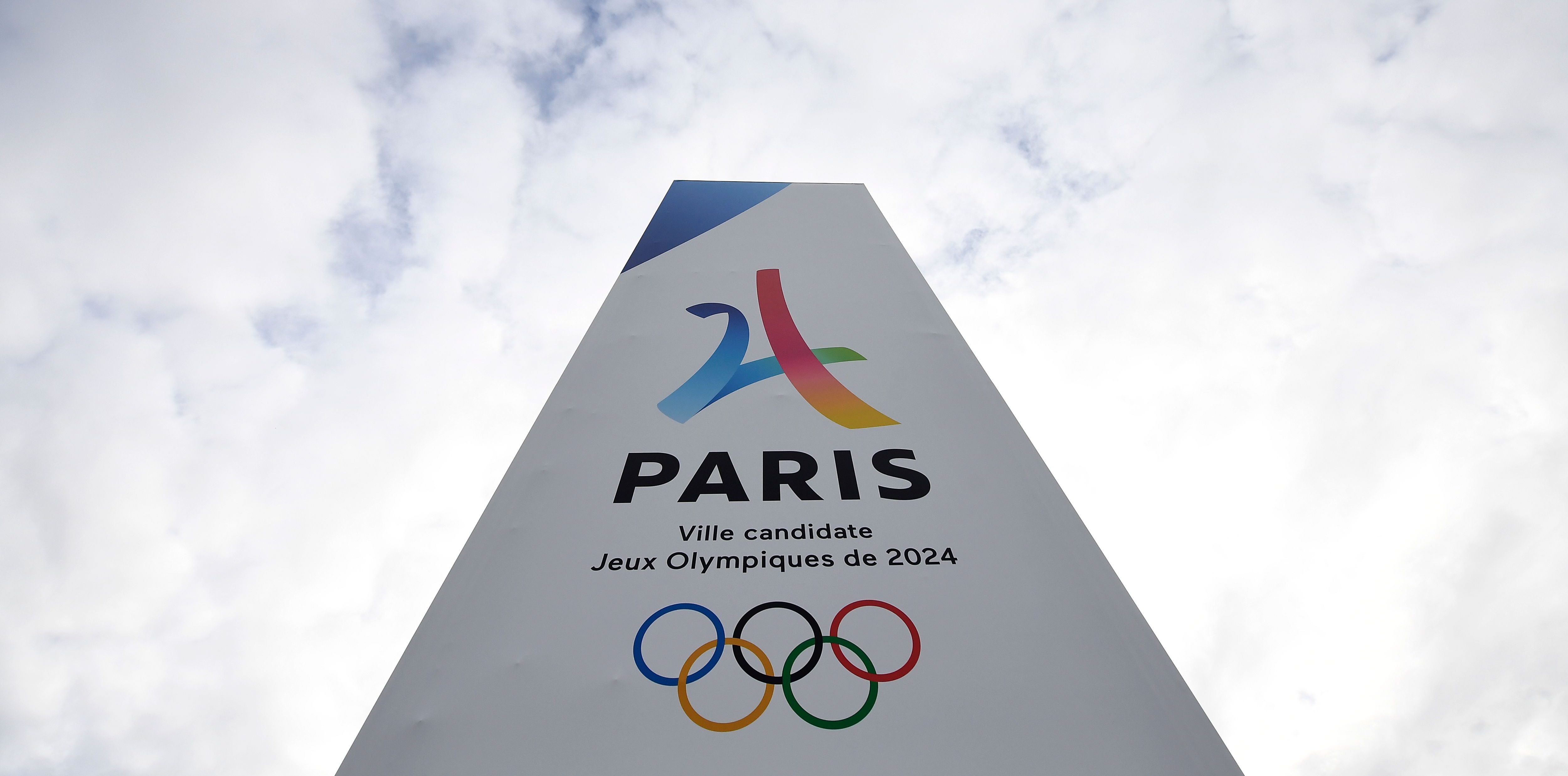Many want to see the view from the top of a mountain but don't think they can make the climb.
When scaling a rock or navigating life's challenges becomes too arduous, Jesse Grupper hopes to provide a boost.
The Team USA climber from New Jersey was a longtime volunteer coach in the Peak Potential program at a local gym, helping children with disabilities reach new heights.
"A lot of these kids come in with the notion that climbing isn't necessarily made for them," Grupper said on NBC's "My New Favorite Olympian."
Get Tri-state area news delivered to your inbox.> Sign up for NBC New York's News Headlines newsletter.
"And by the end of the program, they're able to see that climbing really is for them.”
The children would practice bouldering, a form of climbing accomplished without harnesses and ropes on small rock formation walls. One of the children who left an impression on Grupper was a seventh grader with cerebral palsy who was in a wheelchair. He initially struggled, but by the end of the 12-week program, was able to complete all of the walls the program offered.
"It was just a really transformative experience for me," Grupper said, "Getting to see how this opportunity could really transform his life."
Grupper's life was transformed in that very New Jersey gym when he was 6 years old, putting him on a path that would lead him to the 2024 Paris Olympics.
His sister began taking climbing lessons and his mother would bring him to the gym to watch. For a self described high-energy, rambunctious kid, there was no keeping Grupper's feet on the ground.
"I think that there were definitely a lot of people along the way who kind of saw that extra energy as a lack of direction," Grupper said.
His direction was up.
"The climbing gym was his playground," said his father, Jonathan Grupper. "He couldn't be controlled. We tried to channel his energies constructively and got him into lessons."
He quickly emerged as one of the gym's most talented climbers.
Grupper joined the gym's senior bouldering team at just 9 years old and began competing nationally. He became known on the climbing circuit as "Propeller Kid" after finding a propeller hat at a toy store and wearing it during his climbs.
"He would get to the top of the climb and then he would give it a spin," Jonathan Grupper said. "It became his signature."
His signature as he got older became helping others.
At 13 years old, he began coaching kids at NJ Rock Gym, donating the money he earned to an organization for children with heart conditions. He soon discovered Peak Potential.
"I think just like from day one, seeing kids come in wheelchairs or walkers or maybe not fully being able to function themselves and requiring tools in order for them to walk or do daily activities or activities of daily living... Having them come in and being able to progress them up the wall just was really inspirational for me and really exciting to be involved in that process," he said.
He began working with kids to help them overcome physical limitations.
"Jesse was someone who was working with a lot of the heavier assist kids, children who required a lot more assistance moving towards the wall and just even with gross motor control while on the wall," said Andrew Chow, a former board member at Peak Potential. "So, Jesse spent a lot of time hanging on the wall next to these children."
The kids were climbing a wall with a future Olympian and mechanical engineer.
After enrolling at Tufts University in 2015, Grupper launched the Biomechanics Club to develop assistance devices for patients with disabilities. He joined the Harvard Biodesign Lab at Harvard's School of Engineering and Applied Sciences to help design devices aimed to restore movement to people who had suffered strokes.
"It was a really exciting time for me getting to kind of build these devices, getting to iterate and then getting to test them on patients in the field," Grupper said. "One patient we had kind of started out with limited mobility in their hand, as most of them would who we were working with. And by the end of the session with working with us for a four-week period, they had gained enough mobility to do certain dexterous tasks like opening up a door like the refrigerator or a cabinet, which was really, really cool to see."
Grupper then began pursuing climbing full time in 2022, winning gold at the Pan American Games to qualify for the Olympics.
While winning a gold medal would help him reach the height of his sport, he finds it even more rewarding to help a patient open a door or to guide a child to the top of a rock wall. It symbolizes the ability to accomplish any goal they set out to achieve.
"I think being able to push myself as a climber and physically better myself is one thing," Grupper said. "But just being able to have the same process of providing an opportunity to another person to push themselves as well is just a whole nother playing field and something that really resonates with me as an impactful and meaningful part of my life."
Grupper was interviewed for My New Favorite Olympian, a series that tells the stories of Team USA’s most inspiring athletes and the causes they champion. Subscribe to My New Favorite Olympian wherever you get your podcasts.





